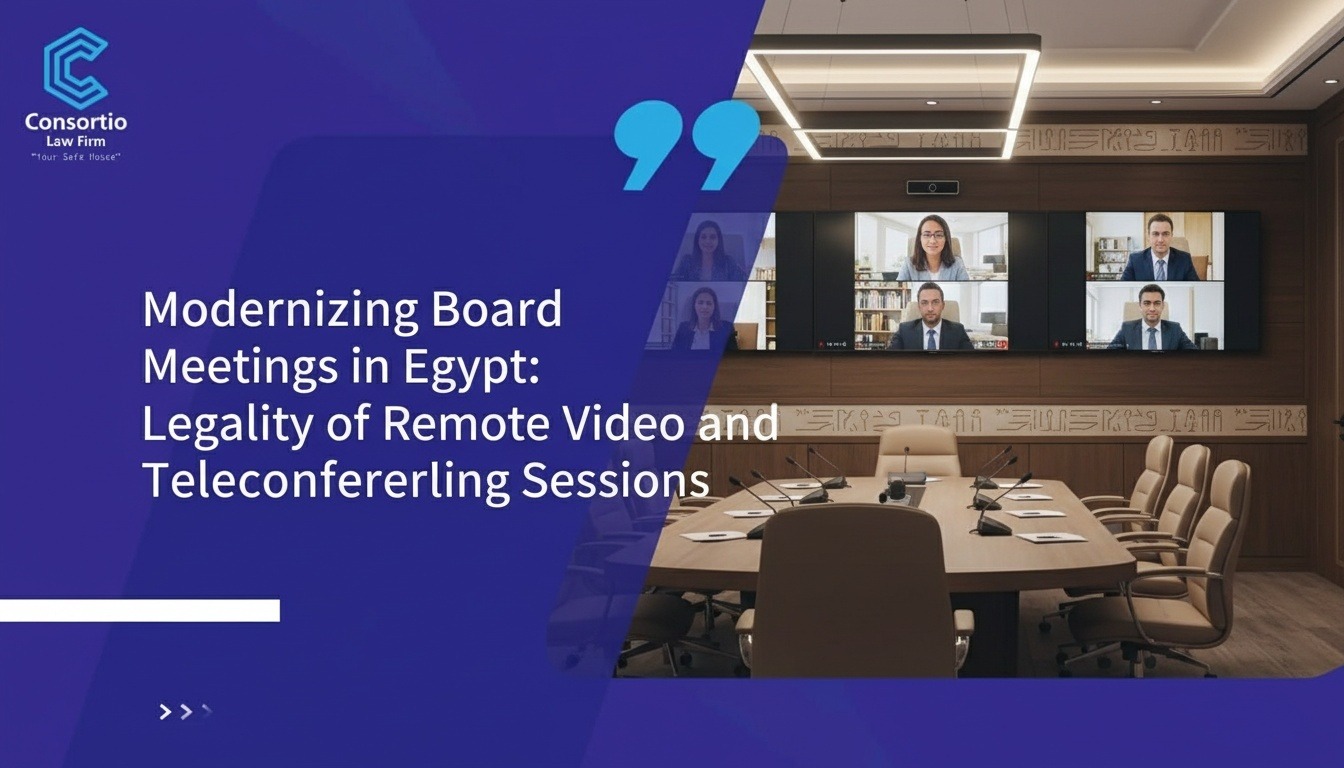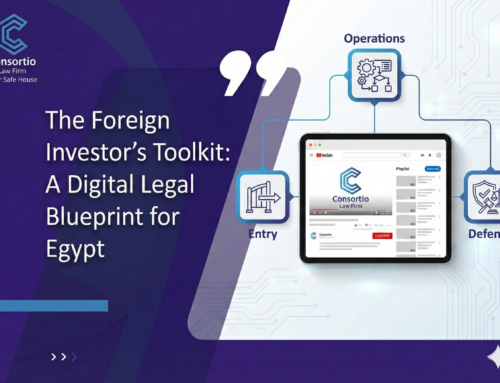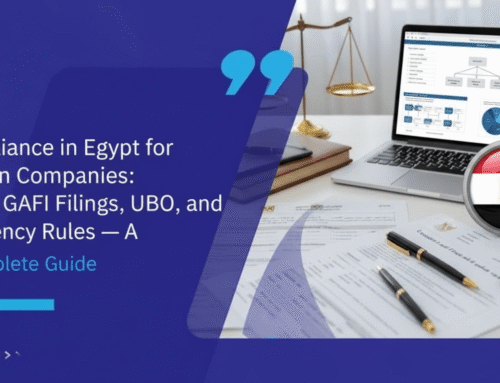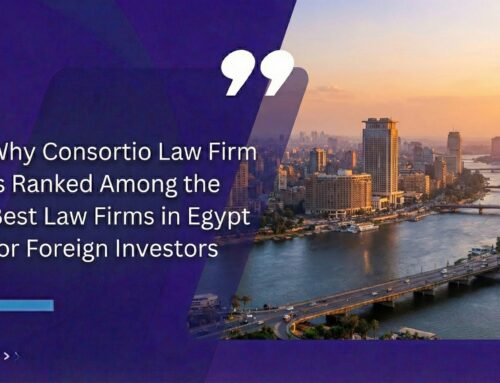Introduction
The modernization of corporate governance in Egypt has led to a significant shift in how companies conduct their board sessions. Today, remote board meetings in Egypt—whether through video or teleconferencing—are fully recognized under the Egyptian legal system. This move aligns with global best practices and reflects the state’s commitment to digital transformation and transparent corporate management.
Modern governance demands flexibility, efficiency, and compliance. For directors and legal advisors, understanding the legal framework governing remote board meetings in Egypt is essential to avoid procedural risks while embracing technology.
Legal Framework for Remote Board Meetings in Egypt
Egyptian company law allows boards of directors to hold their meetings remotely, provided certain conditions are met. These conditions aim to preserve the integrity, transparency, and legitimacy of board resolutions.
1️⃣ Authorization by Law and the Articles of Association
The Board of Directors (BOD) is permitted to hold its meetings through modern communication methods such as video or telephone conferencing. However, this right must be explicitly stated in the company’s Articles of Association (AOA).
The AOA should also outline the rules and procedures for such meetings—covering attendance verification, recording, confidentiality, and the validity of electronic participation. Without this clause, remote board sessions may be challenged as invalid.
2️⃣ Legal Recognition and e-Signature
Under Egyptian Law No. 15 of 2004 on Electronic Signatures and GAFI’s regulatory framework, board resolutions adopted through electronic means are valid once properly signed or confirmed electronically.
After each meeting, board members are required to sign or confirm the minutes electronically within 48 hours, using approved digital authentication systems. This step ensures the resolutions have full legal effect and can be certified by the General Authority for Investment and Free Zones (GAFI).
3️⃣ Meeting Frequency and Timing
According to Article 203 of the Executive Regulations of Law 159/1981, the BOD must convene at least once every three months. Regular meetings are critical for approving financials, monitoring company performance, and ensuring corporate compliance.
Failure to meet this frequency constitutes a breach of governance obligations, exposing directors to administrative and fiduciary liability.
Regulatory Support and Institutional Adoption
Egyptian regulators actively encourage digital transformation in corporate governance.
-
GAFI Decree No. 4 of 2018 formally established the rules for remote participation in board meetings. It authorizes the use of telephonic and video conferencing and empowers GAFI’s CEO to issue detailed controls for implementation.
-
Even GAFI’s own Board of Directors may hold meetings via these modern methods. Members can confirm their votes and comments electronically or by email within 48 hours, ensuring legal validity through electronic signatures.
These reforms highlight Egypt’s commitment to simplifying investment procedures and enhancing transparency.
Consequences of Non-Compliance by the Board
Directors who fail to meet regularly or comply with corporate governance rules may face:
-
Administrative sanctions by GAFI, including suspension of services or written warnings.
-
Civil liability for negligence or mismanagement if the failure causes damage to the company or shareholders.
-
Criminal penalties for related offenses, such as failure to submit annual reports or financial statements.
Therefore, it is strongly advised that every company maintain a documented quarterly board calendar, retain electronic copies of invitations and minutes, and ensure prompt certification by GAFI.
Conclusion
In conclusion, remote board meetings in Egypt represent a forward-thinking reform that strengthens corporate flexibility while maintaining strict legal oversight. By integrating technology into board operations, companies can streamline decision-making and comply with modern governance standards.
However, compliance is key. Companies must ensure their Articles of Association explicitly allow remote meetings, all members verify their attendance electronically, and resolutions are signed within the legal timeframe.
Additional Resources
-
For details about corporate structures and company formation, visit our article: The Ultimate Guide to Egypt Company Incorporation with Consortio.
-
For insights on Egypt’s Investment Law, see: Egypt Investment Law No. 72 of 2017.
-
Learn more about the General Authority for Investment and Free Zones (GAFI).
-
Explore international standards at the Egyptian Directors Center (EDC).
Call to Action
“Ensure your corporate structure is solid from day one by reviewing our Ultimate Guide to Company Formation in Egypt.”
If you’re looking to establish or manage your company in Egypt with full legal confidence, contact us today.
Reach us via phone at 002 01028806061, WhatsApp, or email Info@consortiolawfirm.com to schedule your consultation with Consortio Law Firm.





